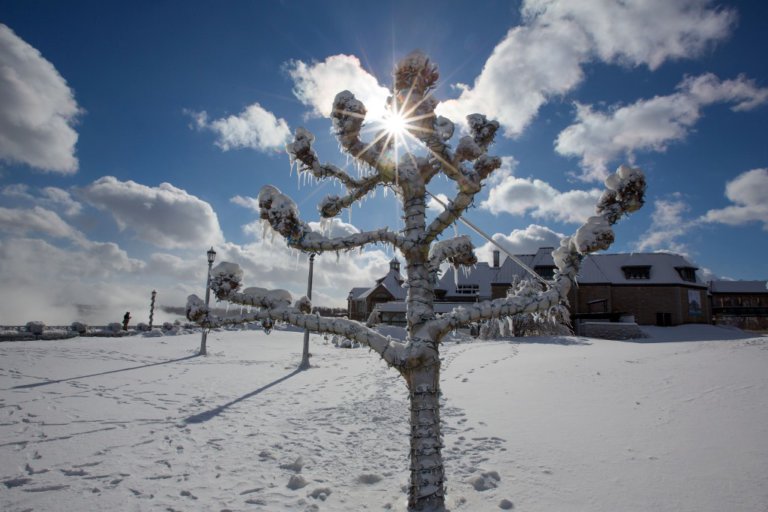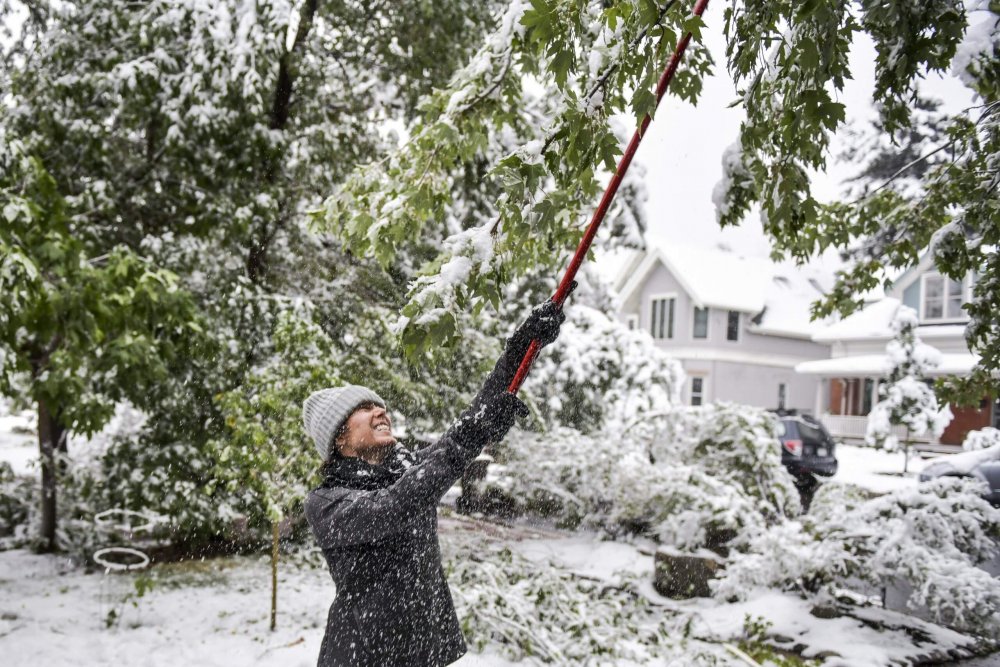
Turn up the thermostat and face the prospects of skyrocketing bills later on. Leave it off and freeze. This is the reality of winter in four-season countries, which includes the UK, the US, Canada, Australia, and New Zealand. As an international student from a tropical country, these winter energy tips can prevent a daunting, chilly experience.
According to Energy Matters, the average bill in Australia for heating and cooling sits at around 40% of the total regular bill. Out of this, heating up hot water takes up approximately 21% of that, lighting attributes 6%, and the rest goes towards cooking and refrigeration. The same can be surmised for other countries, with heating being the primary concern for international students experiencing winter for the first time.
In the average winter household, refrigeration, cooking and TV take up the most energy and drive up your bills the most. As international students, you’re most likely renting and using less-than-efficient appliances. Voltage-saving know-how is imperative. How do you do that? We’re not suggesting you camp outside, but here are some tried-and-tested tips that allow you to save where it counts.

Snowstorms are notorious for burying cards and roads in snow. Source: Michael Ciaglo/Getty Images North America/Getty Images via AFP
Turn off appliances when not in use
Some appliances like the TV, heater and air-conditioner take up plenty of electricity, so don’t waste energy by keeping them on when you’re not using them. Switch off everything — appliances, lights, hair straighteners — when you leave a room. Make this a rule with your housemates too. You can explain to them (nicely) how it’s great to save money with a low electricity bill. If they ignore your attempt to be civil, make them pay the bulk of the bill for being selfish.
Set the temperature to no more than 20 degrees Celcius
According to celebrity Australian horticulturist Jamie Durie, every degree higher that you set the temperature on your heater or reverse-cycle air-conditioner increases your energy usage by 10%. If you’re setting it to 28 or 30 degrees Celcius throughout winter in Australia, that can make a big impact on your bill.
Durie recommends setting the temperature to no more than 20 degrees Celsius, with an optimal temperature of 18 degrees. If that’s still too cold for you, dress for the temperature indoors. Pull on cosy sweaters and pants, thick socks, and use blankets to keep you warm instead of cranking up the temperature.

Too cold outside? Stay indoors but don’t set the temperature over 20 degrees Celsius. Source: Michael Ciaglo/Getty Images North America/Getty Images via AFP
Insulate your room
Keep the cold winds out of your room or apartment by insulating your home properly. Close all your doors and windows and use rolled towels to keep cold air from coming in under the doors. You can also get some thick rugs or carpets to cover up chilly floors and keep your home warm and cosy. Durie also advises, “If you’re feeling super handy, you could grab a bit of ‘No More Gaps’ and start to plug up all the gaps around the windows. If you do all this, you could shave up to 25% off your electricity bill.”
Change your lighting
Do you know what bulbs you are using in your home? LED bulbs use approximately 80% less energy than halogens and last up to 10 times longer, meaning you could save a significant amount on your energy bills by switching from light globes.
Liked this? Then you’ll love…
Checklist for international students before leaving for winter break
What to pack if you’re starting classes in the winter semester in US or Canada







